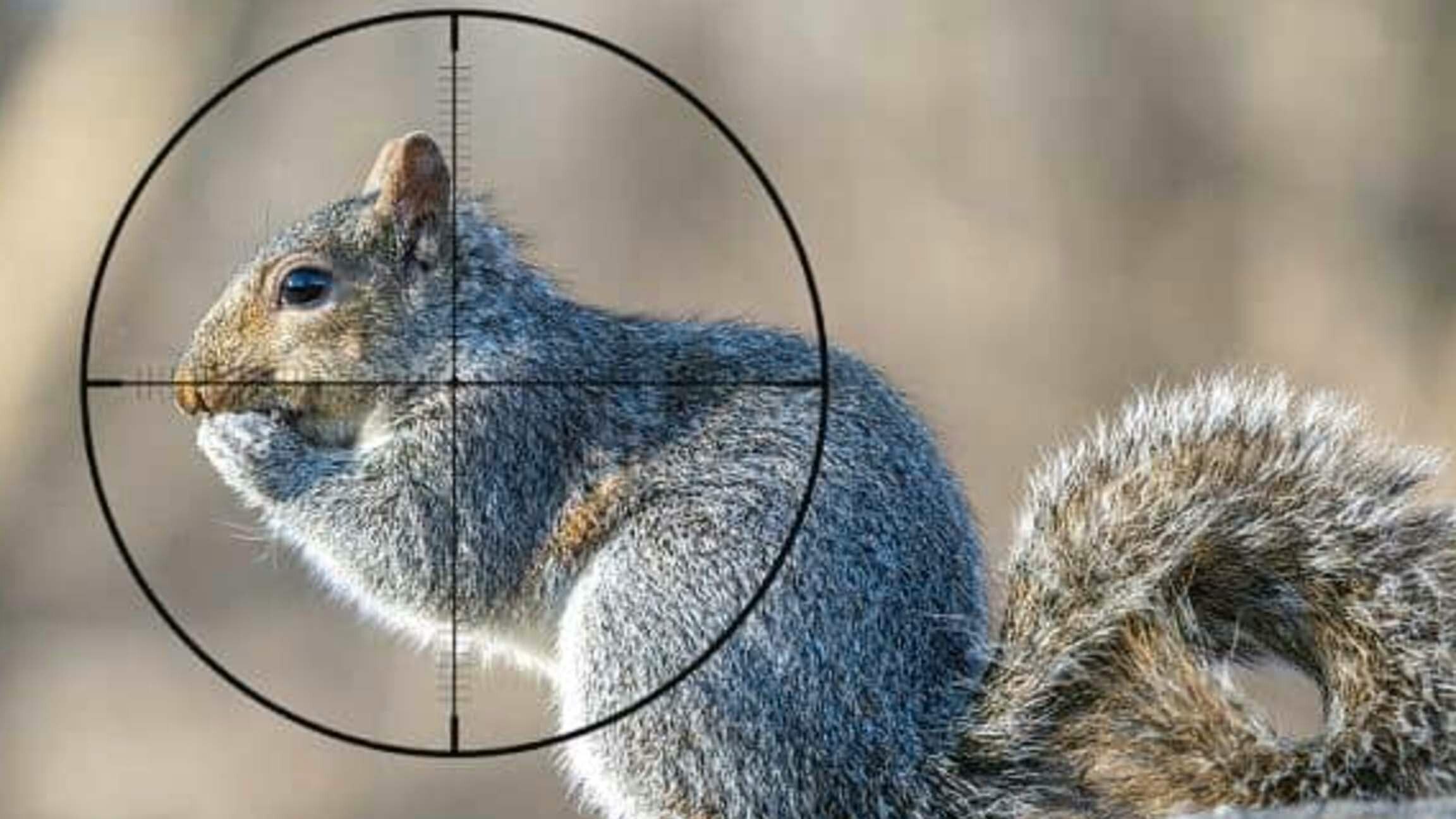By Elyse Kelly, The Center Square
State representatives plan on introducing a bill to once again make backcountry guides and outfitters exempt from Wyoming’s lodging tax.
Guides and outfitters in the state have been seeing business boom since the pandemic ushered in a new age of outdoor recreation, but they have had to deal with an inconvenient change since 2020. Until just over a year ago, backcountry camps were always exempt from lodging taxes, but when rates went up and a new statute went into effect, backcountry camps were reevaluated to qualify as lodging.
State Reps. John Winter, R-Thermopolis, a former outfitter, and Albert Sommers, R-Pinedale, plan to file a bill in the upcoming legislative session to clear up language surrounding backcountry camps, ensuring they return to their exempt status, the Casper Star-Tribune reported last month.
“This basically for lack of a better word is pretty much cleanup legislation to reinstate that exemption in the statutes that backcountry camps were going to be considered under the lodging tax,” Sy Gilliland, president of Wyoming Outfitters and Guides Association, told The Center Square.
Currently, the tax is 5% on all lodging services with 60% of the revenue going to the Wyoming Office of Tourism to advertise the industry at a state level, according to the Star-Tribune. The rest goes to local tourism offices.
Winter argued that the state offers very little marketing support for the outfitting industry and taxing them to support it isn’t fair.
Gilliland said facilities provided on backcountry hunts don’t meet the spirit of what lodging is, noting camps typically consist of a wall tent with no running water or electricity.
Nobody could understand why they would have to pay a lodging tax to sleep in a wall tent, he pointed out.
Hunting businesses that operate out of a true brick-and-mortar lodge would still have to pay lodging tax, he added.
“The legislature – they understand what backcountry camps are and the intent was never to institute a lodging tax on a tent camp, it was just an oversight and an interpretation that they fell under this statute,” he said.
The burden of paying the lodging tax for the past year mostly fell under accounting, said Gilliland. Outfitters had to carve out a portion of their total price for hunts to account for the tent accommodation and pay taxes on that, he explained.
“It’s going to be a miniscule amount of money that’s returned to the state on that lodging tax,” he said.
Gilliland doesn’t expect the bill to be controversial and thinks it will pass easily.
“It’ll be good for less accounting and of course less having to explain to a client why he’s being charged lodging tax to stay in a wall tent, which will be kind of nice not to have to have that conversation,” he said.
If the bill passes it would take effect July 1.





